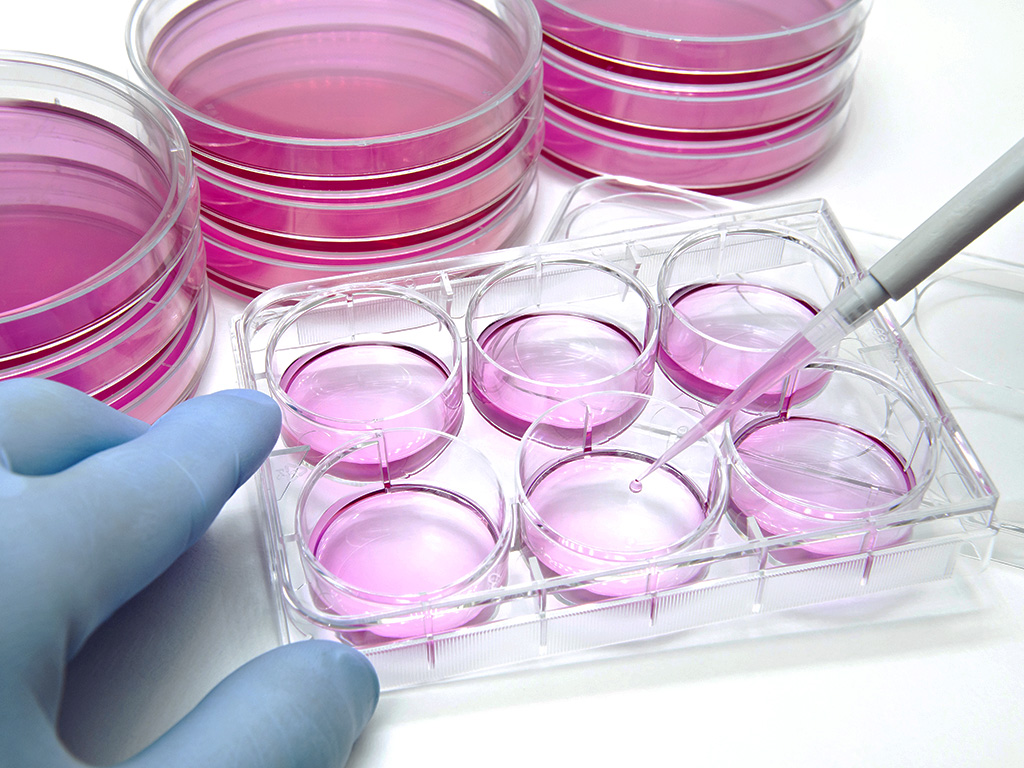CTCs can play a key role in improving metastatic breast cancer treatment

Circulating tumour cells (CTCs) can play a crucial role in improving treatments for metastatic breast cancer, scientists have found. The simple blood test can provide clinicians with a reliable predictor of whether a treatment will be successful in less than a month, an audience at the 2020 San Antonio Breast Cancer Symposium heard in December.
Responses to breast cancer treatment are commonly monitored using imaging technology. It’s accurate, but clinicians routinely wait for up to three months for the results. A German team of researchers at the University of Ulm examined whether a blood test for circulating tumour cells could perform this essential function more effectively. “We were interested in determining whether treatment response and prognosis could be predicted earlier using a simple blood test”, said Wolfgang Janni, MD, PhD, a professor and director of the women’s clinic at Ulm University Hospital in Ulm.
The scientists analysed datasets from a range of peer-reviewed studies from across the world. In total, researchers identified 4,079 patients with metastatic breast cancer that had all undergone baseline and follow-up CTC measurements within a month. The team analysed the results to determine whether there was an association between CTCs and survival rates.
The results showed a clear link. Scientists found that of the 4,079 patients studied, 2,961 were CTC-positive (the test identified CTCs in the sample) at baseline. During the follow-up test, 1,855 remained CTC-positive, and 1,106 patients had become CTC-negative. Those patients who tested negative for CTCs at baseline, 813 remained CTC-negative, and 305 tested CTC-positive.
The team then compared survival rates to CTC testing data. The highest survival rates were among patients who tested negative/negative for CTCs, with a median survival of 47 months. Risk of death was 215% greater for those patients who tested positive/positive for CTCs, indicating a clear link. “These data indicate that CTC dynamics can predict the trajectory of the disease a little more than four weeks after initiating treatment,” Janni said.
Instead of waiting up to three months for imaging results, scientists can perform testing for CTCs just a few weeks after treatment has started. Armed with the results of CTC tests, clinicians can rapidly change treatment approaches if one is proving to be unsuccessful. “With the increasing number of treatment options available to patients with metastatic breast cancer, being able to predict and monitor treatment responses rapidly will be critical to aiding treatment decisions,” Janni believes.
Currently, healthcare providers in the UK, USA and Europe don’t routinely offer CTC testing, leaving patients and clinicians to organise their own. At RGCC, we provide a range of personalised cancer tests, including a range of CTC tests, to improve cancer diagnosis, treatment and outcomes.
The Metastat RGCC test is highly sensitive and can detect CTCs in a blood sample. We use two methods, called real-time PCR and flow cytometry to search for specific biomarkers that can identify a tumour’s location, and whether it’s likely to spread. Your clinician can use the information to develop tailored treatments with the greatest chance of success.
We also offer our Oncotrail RGCC test tailor-made to identify specific forms of cancer, including prostate cancer and breast cancer. The test can identify CTCs in a blood sample during and after treatment. It can provide early warning of relapse.
You can find details of all RGCC tests here.
You can read more about the story, Circulating Tumor Cell Dynamics May Predict Treatment Response and Prognosis in Patients with Metastatic Breast Cancer, here.

